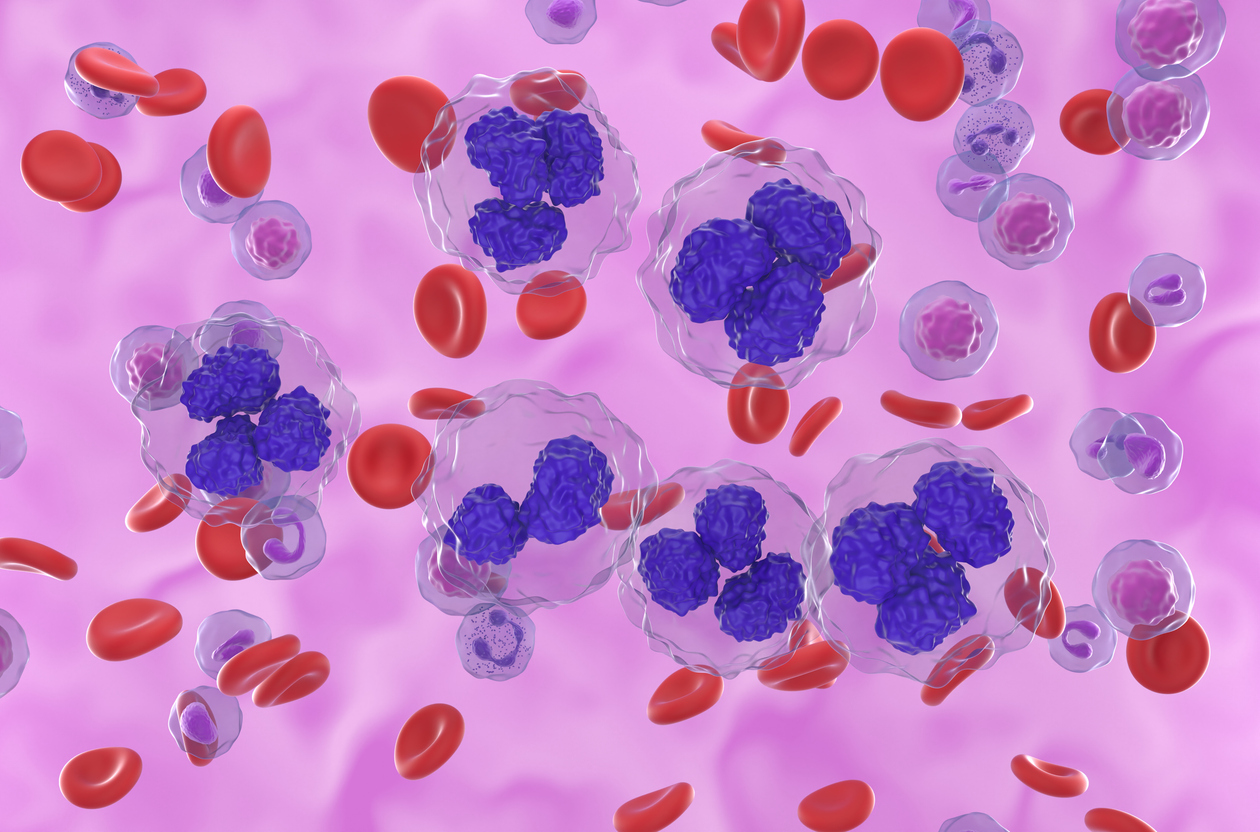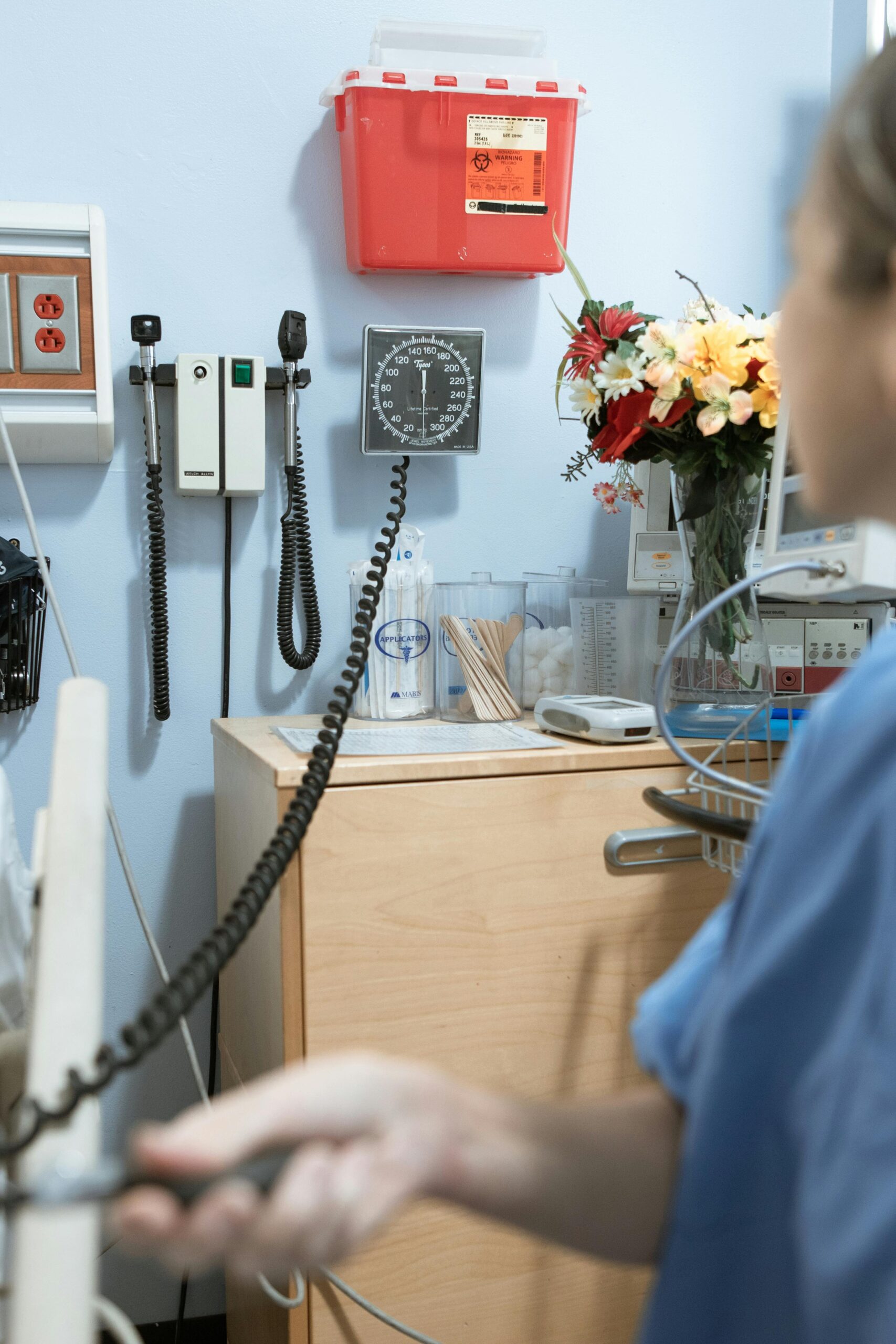Introduction to Wellness and Aging Gracefully
Aging gracefully isn’t just about looking good; it’s about feeling strong, vibrant, and healthy. Think of your body as a car. Just as a car needs regular maintenance to run smoothly, your body needs a mix of healthy habits to age well. This means eating balanced meals, staying hydrated, getting enough sleep, and exercising regularly. But it’s not just about the physical aspect. Keeping your mind sharp and staying connected with friends and family play a huge role in wellness as you age. It’s also important to manage stress and find joy in daily activities. In a nutshell, aging gracefully is about taking care of both your body and mind, making choices that support your overall well-being. So, let’s embark on this journey with a clear focus on embracing the aging process with grace and vitality.
Importance of Physical Activity in Aging
Staying active isn’t just for the young. As you age, regular physical activity becomes crucial for maintaining your health and vitality. It keeps your body strong, helps manage weight, reduces the risk of diseases like heart issues and diabetes, and improves mental health by decreasing feelings of depression and anxiety. Let’s break it down simply:
First, physical activity strengthens your muscles and bones. This means less chance of falls and fractures. Second, it keeps your heart healthy and your blood flowing, which can lower blood pressure and improve your overall heart health. Third, it boosts your mood because when you exercise, your body releases chemicals that make you feel good.
Now, you don’t have to run marathons. Simple activities like walking, gardening, or gentle yoga can make a big difference. The key? Keep moving and make it a regular part of your day, even if it’s just 30 minutes. Remember, it’s about finding what you enjoy and sticking with it. So, lace up your sneakers, pick an activity you love, and let’s age gracefully together.
Nutritional Strategies for Sustained Health
Eating right is crucial when you aim to age with grace. Think of food as your fuel, and the quality directly impacts your energy, mood, and health. Start with a balanced diet—it’s simpler than it sounds. Aim to fill half your plate with vegetables and fruits. The more colors, the better; they’re packed with vitamins and antioxidants. Lean proteins like fish, chicken, and plant-based options should take up a quarter of your plate. These proteins help keep your muscles strong. Don’t forget whole grains—quinoa, brown rice, and oats. They’re your energy sustainers. Lastly, hydration goes a long way. Water supports every cell in your body. Imagine it as the oil that keeps the engine running smoothly. Cutting down on processed foods, sugar, and salt will not only help you maintain a healthy weight but also reduce the risk of chronic diseases. Aging gracefully isn’t just about how you look; it’s about feeling vibrant and living your best life. Nutritional choices play a pivotal role in this journey.
The Role of Hydration in Maintaining Vitality
Drinking enough water is key. As simple as it sounds, it’s a game-changer for aging with grace. Your body relies on water to function. Without it, you’re looking at a host of problems. Dehydration spells bad news for your skin, making it dry and more prone to wrinkles. Think of water as your internal moisturizer, keeping things supple. Beyond skin deep, staying hydrated helps your brain stay sharp and your body energetic. Every cell in your body needs water to work right. So, how much should you drink? Aim for about 8 glasses a day, but listen to your body. It’ll tell you when you need more, especially if you’re active or it’s hot out. Remember, coffee and sodas don’t count. You need good, plain water to stay on top of your game. So, keep that water bottle handy and sip your way to vitality. It’s a simple step, but it makes all the difference.
Mental Health and Its Impact on Aging
Mental health is a big piece of the aging puzzle, often overlooked but essential. Think of your mental health as the foundation of a house; if it’s strong, it supports everything else. As we grow older, stresses can pile up from health issues, loss of loved ones, or changes in our physical abilities. Yet, managing stress and staying connected to friends and activities can help keep our minds sharp and spirits high. It’s not just about avoiding negatives like anxiety or depression. Positive mental health boosts our resilience, helping us bounce back from setbacks faster and enjoy our later years more fully. Activities like staying social, keeping our brains busy with puzzles or new hobbies, and regular exercise can make a significant difference. So, as we focus on aging gracefully, let’s put mental health front and center; it’s a game changer for maintaining overall health and vitality.
Sleep Quality and Its Influence on Wellness
Good sleep isn’t just about getting enough hours; it’s about quality rest that allows your body and mind to rejuvenate. As we age, sleeping well becomes essential, yet it can get more challenging. Quality sleep supports your mental sharpness, emotional balance, and physical health, highlighting its critical role in aging gracefully. Adults should aim for 7 to 9 hours of sleep per night, but it’s the deep, uninterrupted sleep that truly counts. Improving your sleep can be as simple as sticking to a regular bedtime schedule, ensuring your bedroom is quiet and comfortable, and avoiding stimulants like caffeine late in the day. Remember, good sleep is a cornerstone of wellness, significantly influencing how we age. Making it a priority can pay off in countless ways, keeping us healthier and more vibrant as the years roll by.
Social Connections and Their Contribution to Aging Gracefully
Staying socially active plays a crucial role in aging gracefully. It’s about more than just having fun. Social connections can boost your mental health, keeping depression and loneliness at bay. Think about joining clubs, volunteering, or simply catching up with friends and family regularly. These activities keep your brain sharp and your spirits high. Studies have shown that people who maintain strong relationships tend to live longer and healthier lives. This doesn’t mean you need a huge circle of friends. Quality matters more than quantity. Even a few close relationships can provide the emotional support and sense of belonging necessary for healthy aging. So, go ahead, reach out, connect, and cherish those bonds. They’re vital for your well-being and can add joyful years to your life.
Regular Health Screenings and Prevention Measures
Getting regular health screenings might not sound fun, but it’s crucial for aging with grace. These tests can catch issues early when they’re easier to treat. Think of them like your car’s regular check-ups, but for your body. For example, blood pressure screenings can spot heart trouble early, and bone density tests can catch osteoporosis in its tracks. Even eye exams do more than test your vision; they can detect diseases like glaucoma. Here’s the deal – not all tests are for everyone. Your needs change as you get older, so talk to your doctor about what screenings are right for you. Prevention doesn’t stop at screenings. Simple things like washing your hands, staying active, and eating right can keep you out of the doctor’s office more than you’d think. Vaccinations also play a big role; they’re not just for kids. Shots like the flu vaccine are especially important as you age. Bottom line: Regular check-ups and smart lifestyle choices are your best defense against the health challenges of aging. Stay on top of them, and you’ll not only live longer, but better.
The Power of Positive Thinking and Stress Management
Embracing positivity isn’t just about feeling happier; it directly impacts your health, especially as you age. Positive thinking isn’t magic, but it can lead to behaviors that help manage stress and improve well-being. Studies show that optimists tend to live longer, suggesting a link between a positive outlook and health benefits. Managing stress is equally crucial. Too much stress can harm the body, leading to high blood pressure, heart disease, and even affecting mental health. Techniques such as deep breathing, meditation, and regular physical activity can significantly reduce stress levels. Remember, managing stress and maintaining a positive outlook are powerful tools in your wellness kit. They may not extend your life by years, but they will undoubtedly enhance the quality of your life as you age.
Conclusion: Integrating Wellness Tips into Your Lifestyle
To wrap up, living a healthy lifestyle as you age isn’t just about adding a few wellness tips here and there. It’s about making a conscious commitment to look after your overall well-being every day. Start small if you have to. Maybe swap out that afternoon soda for water or add a short walk to your daily routine. Over time, these small changes can lead to big results. Remember, it’s never too late to start. Whether it’s improving your diet, staying active, getting enough sleep, or managing stress, each step you take towards wellness counts. Aim for consistency rather than perfection. And most importantly, find what works for you and your body. Aging gracefully is all about maintaining your health and vitality in ways that fit your lifestyle and make you feel good. So, take the tips you’ve learned, integrate them into your daily life, and watch how they positively impact your overall wellness. By taking care of yourself today, you’re setting the stage for a healthier, happier tomorrow.
















